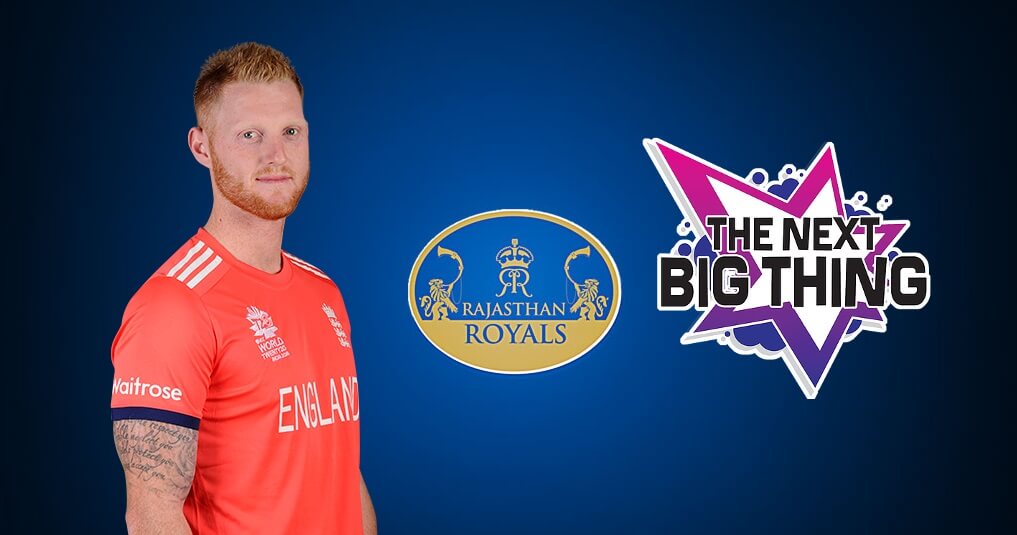
The 2018 Indian Premier League – the 11th edition of the age-defining tournament – was a season that perfectly encapsulated the growth and progression of the IPL. What begun in 2008 as a hastily arranged jamboree featuring an awesome but awkward medley of international and domestic players, has evolved into a T20 league of the very highest quality that exists at the coalface of change in the game. This direction of travel has been apparent for some time – most acutely when, in the seasons immediately after the tumultuous corruption scandal in 2013, the league emerged more popular than ever before – its progress unhindered by a case that required the BCCI president N Srinivasan to step down. But never has it been so apparent as now. The sport continues to be reshaped by its force. It is the cricket, rather than the paraphernalia that surrounds it, that makes the league what it is.
In many respects the relationship between English cricket and the IPL has embodied the broader relationship between cricket's past and its future. Power had been shifting east from Lord's for decades before the IPL, but the league's emergence in 2008 represented the domination that India now enjoys over the game. While the ECB's objections to the IPL more specifically manifested themselves in diculties over scheduling – England's season clashes with the start of the IPL – there was a sense of two worlds colliding as the ECB prevented its centrally contracted players appearing in the inaugural IPL and severely restricted availability in seasons to come. This impasse eventually led to the ECB's ill-fated foray with Allen Stanford and ultimately Kevin Pietersen's sacking as late as 2015 – some seven years after the inaugural IPL, as he continued to push for greater and wider involvement of English players.
What was once a relationship defined by hostility thawed into one of begrudging acceptance and now, more recently, since the arrival of Andrew Strauss as the managing director of England Cricket, undisguised enthusiasm. In 2018, eight England players appeared in the IPL, after an auction in which Ben Stokes and Tymal Mills commanded the largest salaries. Stokes went onto justify his by being named the league's MVP.
Strauss explained the greater involvement of England players in the IPL by claiming that “the players who have gone over there and played a number of games have benefitted massively. They come back from that experience knowing they're as good as anyone out there and that deep-rooted belief they get from that is important."
The belief that the IPL is a genuinely high-quality league is one that has grown over the last 10 seasons, and now lends the IPL cricketing legitimacy to match its financial clout. The irony of this evolution is that it is the money involved in the IPL that has propelled the cricket forward. By collecting the finest coaching and playing talent in the world, and demanding of them performances to match their salaries, the IPL has demonstrated the power of a free-market system that cricket has otherwise largely been insulated from.
The result is an accelerated and radicalised vision of cricket’s future in which skills, expertise and ideas transcend national boundaries in a way not facilitated by the international system - at least not to the same extent. The cricket, while still below the standard of most international games, is the next best thing. It was appropriate that the 2018 IPL was won by Mumbai Indians. Their triumph that puts them one clear of Chennai Super Kings and Kolkata Knight Riders with three titles. While a win for Rising Pune Supergiants, carried through the league stage by Stokes, would have been warming for the neutral, a win for Mumbai Indians – the strongest team in the league – represents a victory for cricket and the growth of the IPL. With the format still in its early years, it is healthy when the strongest teams win trophies. This meritocracy lends legitimacy to the strategies of the victorious, challenges the rest to improve and ultimately pushes the sport forward. Mumbai’s victory was a fitting result for a league which is doing just that.



Comments